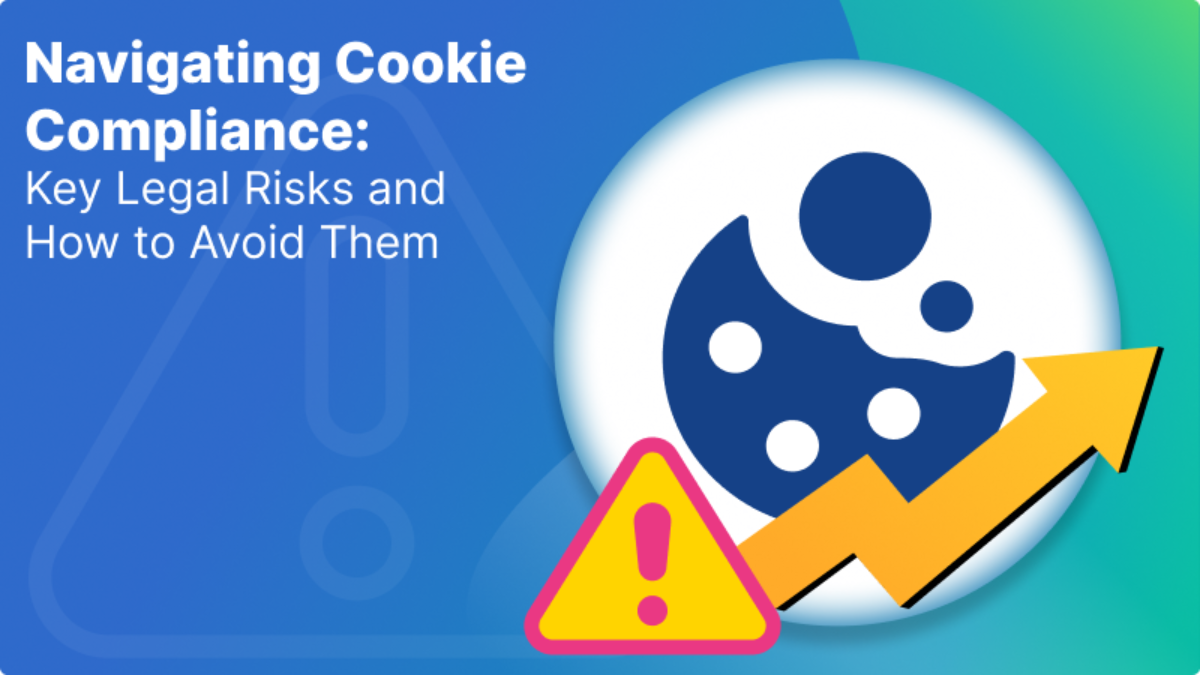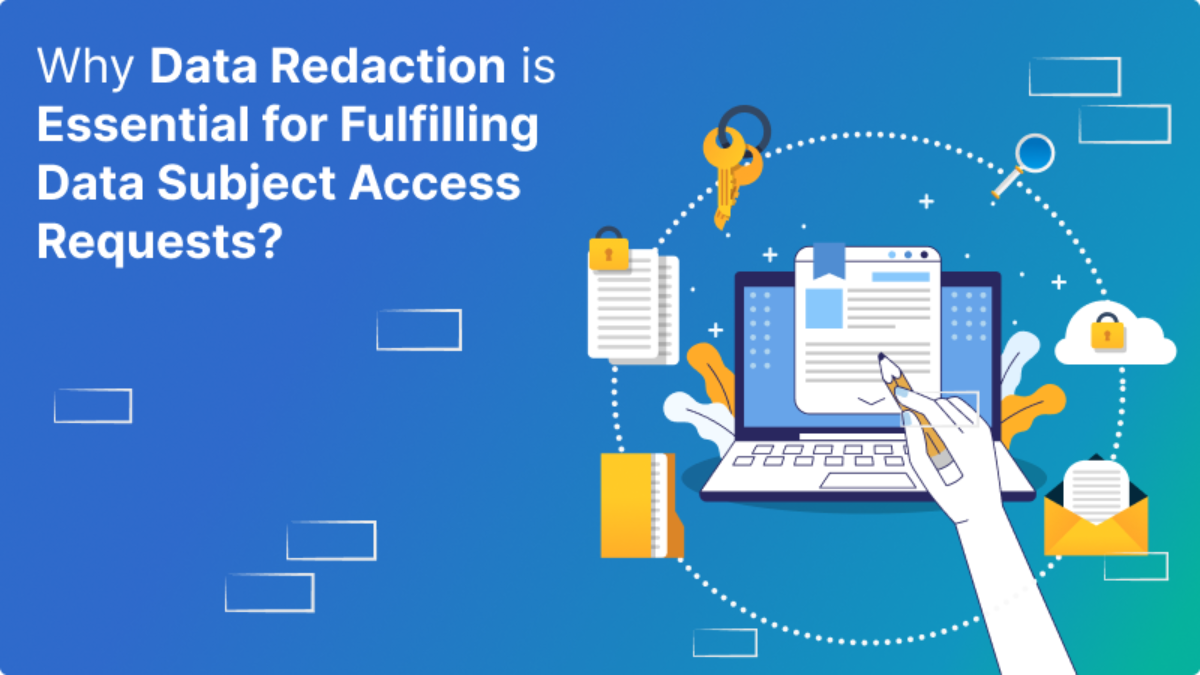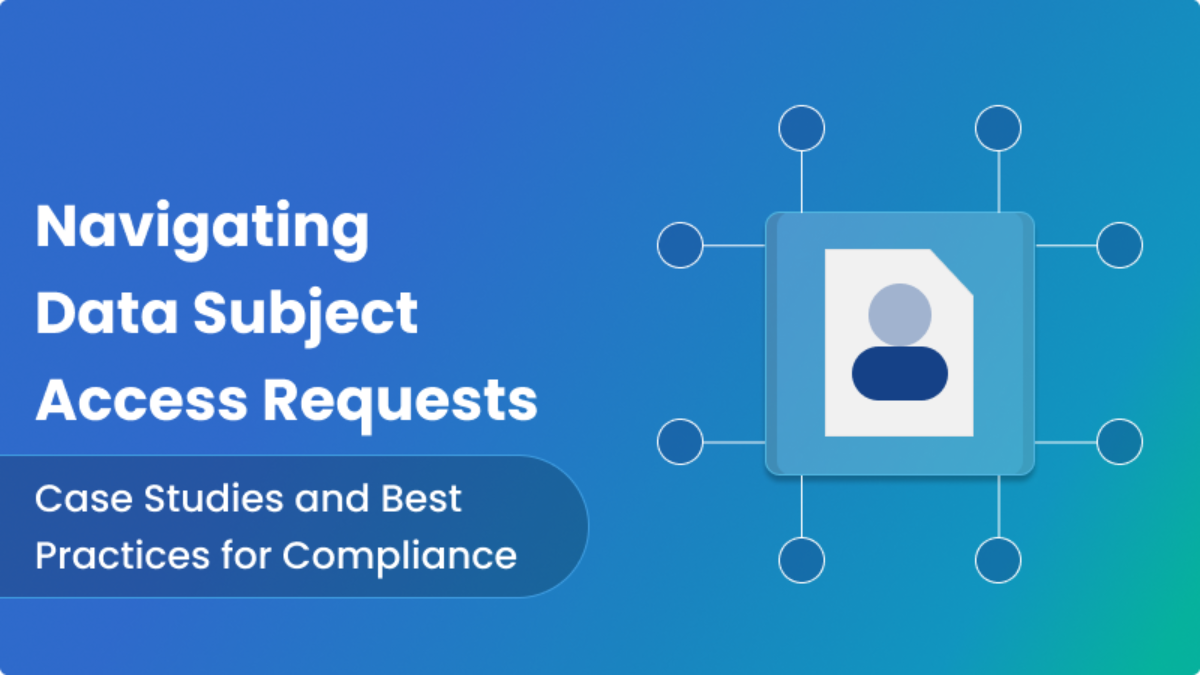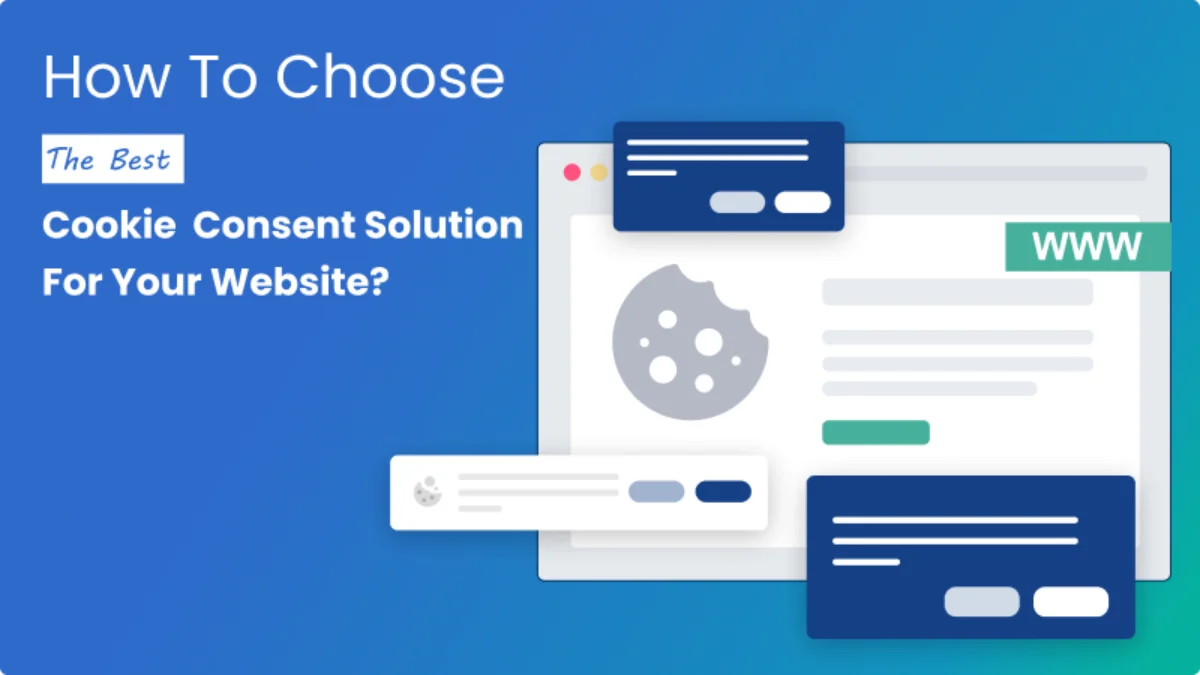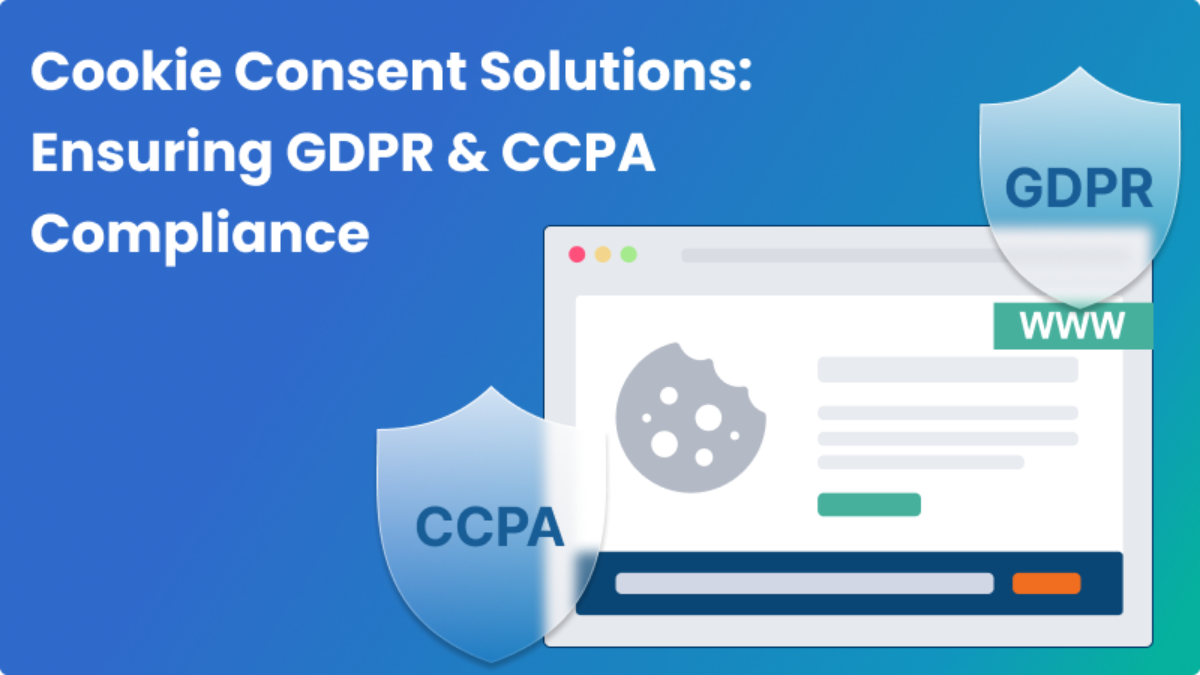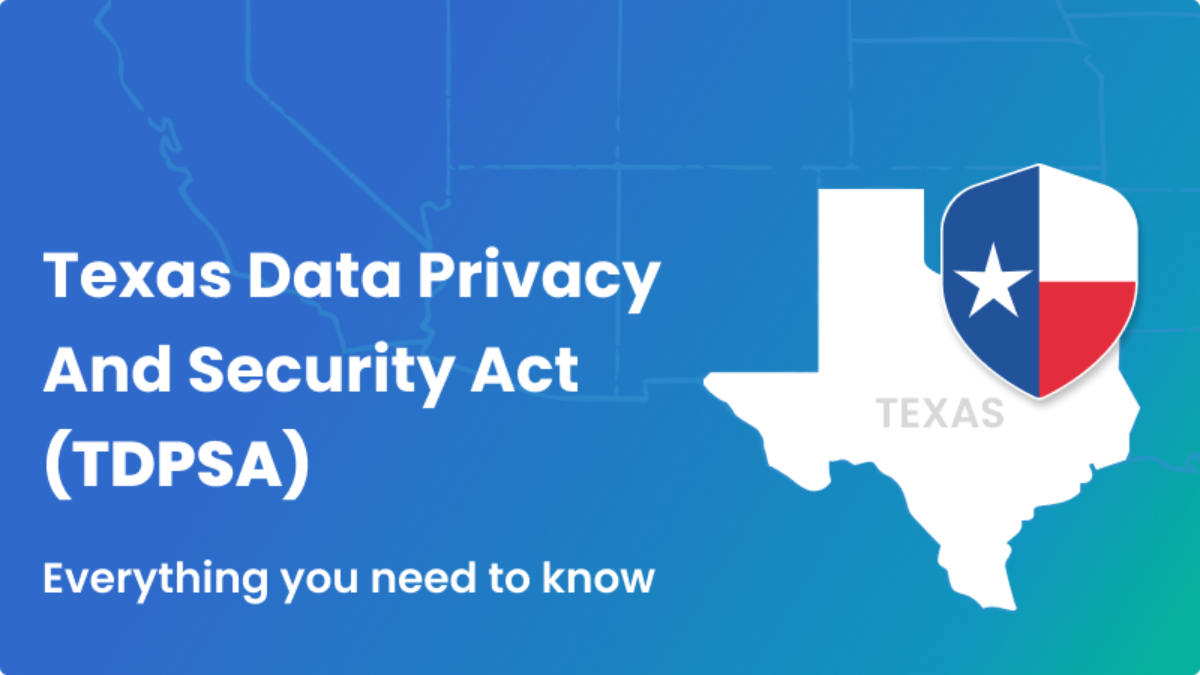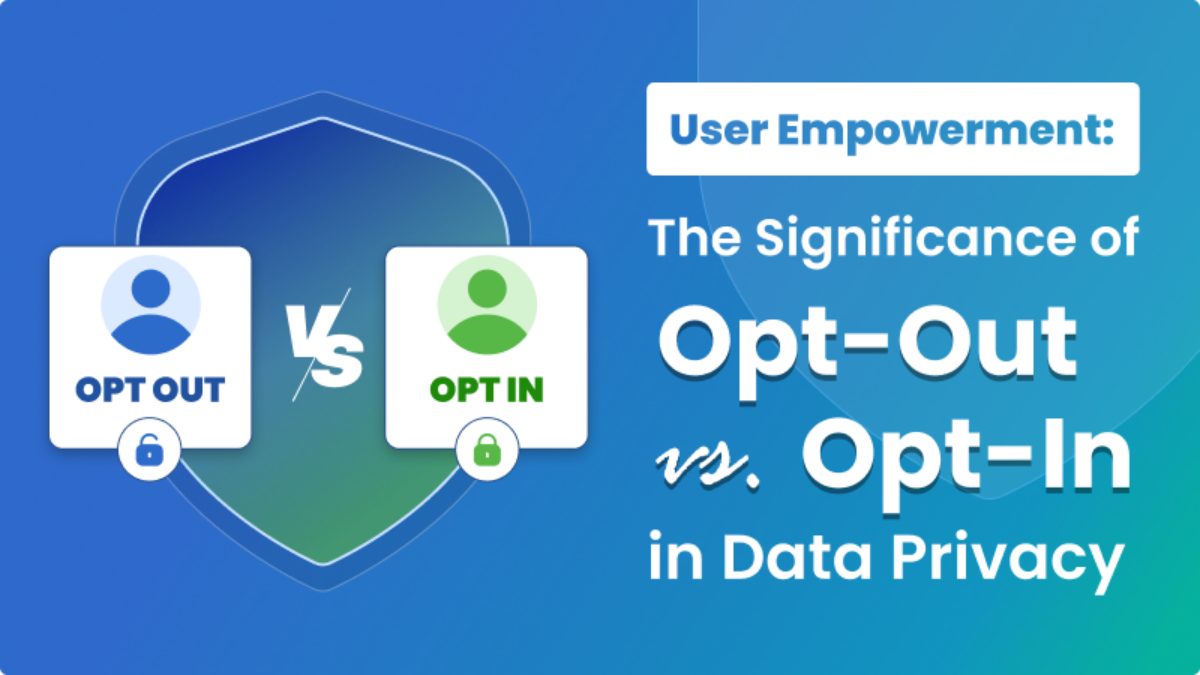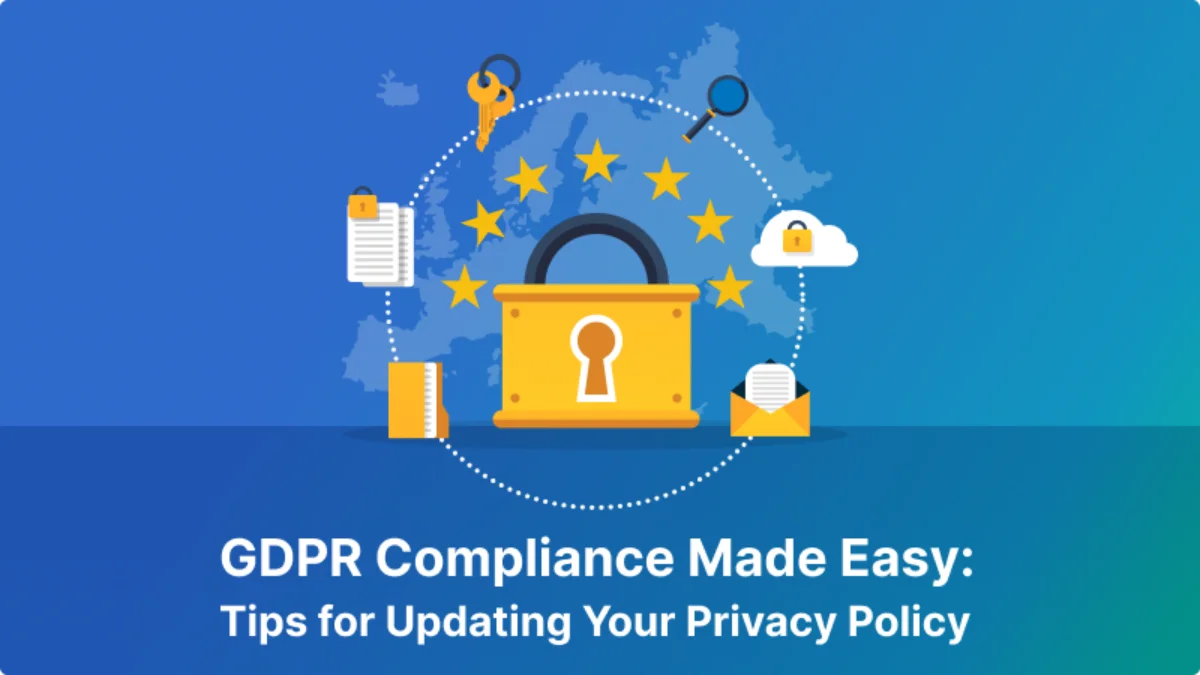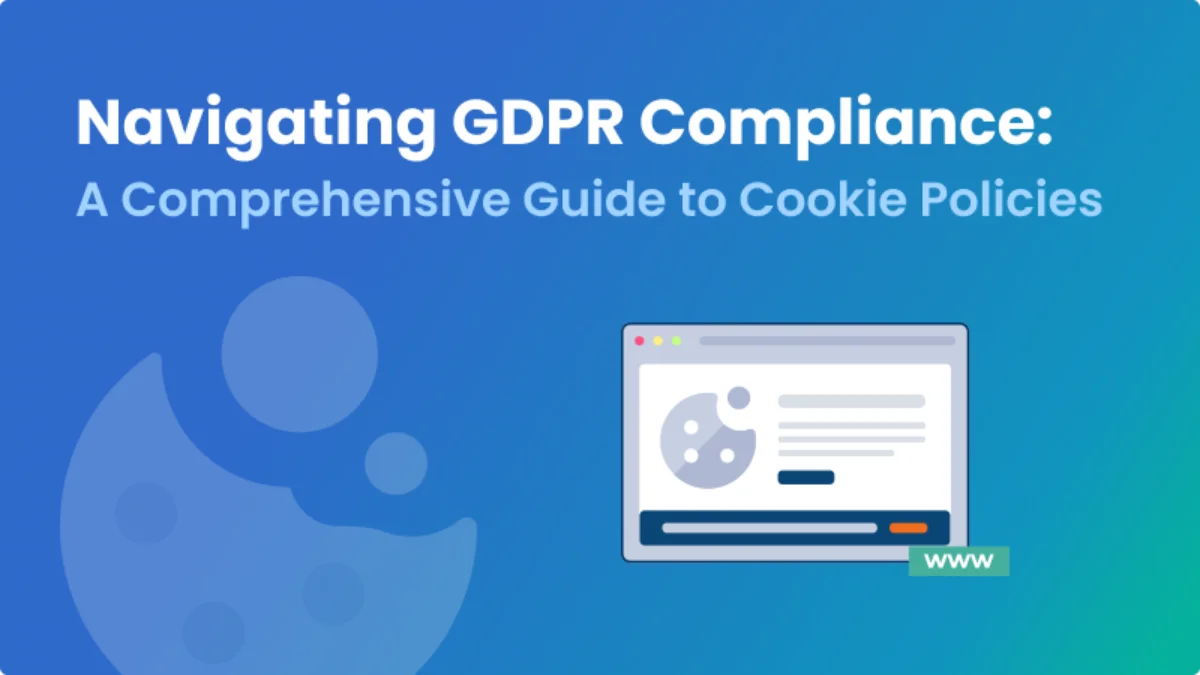Privacy compliance is more than just legal compliance

Introduction
In today’s digital age, data privacy and protection have become increasingly important for businesses and individuals alike. As a result, privacy compliance has become a critical consideration for businesses that collect, process, or store personal data. While legal compliance with data privacy regulations is essential, privacy compliance goes beyond simply meeting legal requirements.
Privacy compliance refers to a business’s commitment to protecting customer data and ensuring that it is used appropriately and securely. Legal compliance, on the other hand, refers to the business’s adherence to specific legal requirements, such as those outlined in data privacy regulations like the General Data Protection Regulation (GDPR) and the California Consumer Privacy Act (CCPA).
While legal compliance is undoubtedly essential, businesses must also consider the importance of privacy compliance beyond legal requirements. Privacy compliance helps to build trust and loyalty with customers, which can be a significant competitive advantage. Customers want to know that their data is being used ethically and that their privacy rights are being respected. By prioritizing privacy compliance, businesses can provide customers with this assurance, building trust and loyalty in the process.
The purpose of this article is to explore the importance of privacy compliance beyond legal requirements. We will discuss the risks of non-compliance, the role of privacy in building a competitive advantage, the relationship between data security and privacy compliance, the importance of employee training, and the benefits of privacy compliance as a business strategy. By the end of this article, readers should have a better understanding of the importance of privacy compliance and how it can benefit both businesses and their customers.
The Risks of Non-Compliance
The consequences of non-compliance with privacy regulations can be severe for businesses. Non-compliance can lead to legal and financial penalties, reputational damage, and a loss of customer trust. In addition to the direct costs of non-compliance, businesses may also experience a loss of customer loyalty and retention.
Data privacy regulations, such as GDPR and CCPA, have strict requirements for how businesses must handle personal data. Failure to comply with these regulations can result in fines and penalties, which can be significant. For example, GDPR violations can result in fines of up to 4% of a business’s global revenue or €20 million, whichever is higher. CCPA violations can result in fines of up to $7,500 per violation. These costs can be particularly damaging to small businesses or those with limited resources.
Non-compliance can also damage a business’s reputation and customer trust. Customers want to know that their personal data is being handled securely and ethically. If a business is found to be non-compliant with data privacy regulations, it can damage the customer’s trust and loyalty, leading to a loss of business. Additionally, negative publicity resulting from a data privacy violation can lead to a decline in customer trust and a loss of business.
Furthermore, in today’s digital age, data breaches have become increasingly common. Non-compliance with data privacy regulations increases the likelihood of a data breach, which can have severe consequences for businesses. A data breach can result in a loss of customer data, financial loss, reputational damage, and legal penalties. In addition, data breaches can erode customer trust and loyalty, leading to a decline in business.
In conclusion, the risks of non-compliance with privacy regulations are severe for businesses. Non-compliance can lead to legal and financial penalties, reputational damage, and a loss of customer trust. Businesses that prioritize privacy compliance can mitigate these risks, building trust and loyalty with customers in the process.
Privacy as a Competitive Advantage
Privacy compliance can be more than just a legal requirement, it can also be a competitive advantage for businesses. In today’s digital world, customers are increasingly aware of the importance of data privacy and protection. Businesses that prioritize privacy compliance can differentiate themselves from competitors, building trust and loyalty with customers in the process.
Consumer demand for privacy protection is on the rise. Customers want to know that their personal data is being handled securely and ethically. In fact, a recent survey found that 84% of consumers said they would consider leaving a company if it mishandled their personal data. This shows that privacy protection is not only important for legal compliance but also for customer retention.
Businesses that prioritize privacy compliance can build trust and loyalty with customers. When a business takes privacy seriously, it shows that they care about their customers and their personal information. This can lead to increased customer satisfaction and loyalty. In addition, businesses that prioritize privacy can differentiate themselves from competitors who may not take privacy as seriously.
Furthermore, building trust and loyalty through privacy compliance can lead to increased brand reputation and customer advocacy. Customers who trust a business are more likely to recommend the business to others, leading to increased brand reputation and customer acquisition.
Data Security and Privacy Compliance
Data security and privacy compliance are closely related, as data security plays a critical role in protecting customer data and ensuring privacy compliance. Data security refers to the measures taken to protect data from unauthorized access, use, or disclosure, while privacy compliance focuses on protecting individuals’ personal information and ensuring that it is collected, used, and shared in a manner that is consistent with applicable laws and regulations.
Data security is a critical component of privacy compliance because it helps to prevent data breaches and unauthorized access to customer data. By implementing strong data security measures, businesses can ensure that customer data is protected from hackers, cyber criminals, and other unauthorized individuals who may seek to exploit vulnerabilities in their systems. This can include measures such as encryption, firewalls, access controls, and intrusion detection systems.
Data security breaches can also lead to privacy violations, as unauthorized access to customer data can result in the exposure of sensitive personal information. This can include financial information, health data, and other personally identifiable information. When this occurs, businesses may be in violation of privacy regulations and subject to penalties and fines.
To ensure both data security and privacy compliance, businesses should implement comprehensive data security programs that include regular security assessments, ongoing training and education for employees, and continuous monitoring for potential threats and vulnerabilities. In addition, businesses should conduct regular privacy impact assessments to identify potential risks and ensure compliance with applicable privacy regulations.
In conclusion, data security is a critical component of privacy compliance, and businesses must prioritize both to protect customer data and ensure compliance with applicable laws and regulations. By implementing strong data security measures and conducting regular privacy impact assessments, businesses can ensure that they are protecting customer data and complying with privacy regulations, while also differentiating themselves from competitors and building trust and loyalty with customers.
Employee Training and Privacy Compliance
Employee training is an essential component of privacy compliance, as employees play a critical role in protecting customer data and ensuring compliance with privacy regulations. Employees are often the first line of defense against potential data breaches or privacy violations, and their actions can have a significant impact on the security and privacy of customer data.
One of the primary reasons why employee training is critical for privacy compliance is to ensure that employees understand the organization’s privacy policies and procedures. Employees must be aware of the privacy regulations that apply to the organization, as well as the specific policies and procedures that the organization has in place to protect customer data. This includes understanding how customer data is collected, stored, and shared, as well as the measures in place to ensure data security and privacy.
Training can also help to ensure that employees are equipped with the necessary knowledge and skills to protect customer data effectively. This may include training on data security best practices, such as password management, secure data storage, and how to identify and report potential security threats.
In addition to ensuring that employees understand privacy policies and procedures, training can also help to build a culture of privacy within the organization. This means that employees are not only aware of privacy regulations and policies, but they also value and prioritize the protection of customer data.
Overall, the role of employees in protecting customer data cannot be overstated, and employee training is a critical component of privacy compliance. By ensuring that employees understand privacy policies and procedures and are equipped with the necessary knowledge and skills to protect customer data, organizations can significantly reduce the risk of data breaches and privacy violations, while also building trust and loyalty with their customers.
Privacy Compliance as a Business Strategy
Privacy compliance is increasingly being recognized as a strategic imperative for businesses, and proactive compliance can offer a range of benefits beyond simply avoiding legal consequences. By incorporating privacy compliance into their business strategies, organizations can build trust and loyalty with their customers, differentiate themselves from their competitors, and create a culture of privacy within their organization.
One way that businesses can incorporate privacy compliance into their business strategies is by proactively identifying and addressing potential privacy risks. This may involve conducting regular privacy risk assessments to identify potential vulnerabilities in their data handling processes and developing strategies to mitigate those risks.
Proactive privacy compliance can also offer significant business benefits, such as enhancing customer trust and loyalty. Consumers are becoming increasingly aware of the importance of data privacy and are more likely to do business with organizations that take privacy seriously. By demonstrating a commitment to privacy compliance, organizations can build stronger relationships with their customers, which can lead to increased customer loyalty and retention.
Another key benefit of proactive privacy compliance is the ability to differentiate a business from its competitors. With data breaches and privacy violations becoming more common, businesses that prioritize privacy compliance can set themselves apart from their competitors and position themselves as leaders in their industry. This can be particularly important in highly regulated industries, where compliance with privacy regulations can be a significant competitive advantage.
Finally, privacy compliance can play an important role in building a strong corporate culture. By prioritizing privacy compliance, organizations can create a culture that values privacy and data security, which can have a positive impact on employee morale and retention. A strong culture of privacy can also help to mitigate the risks of data breaches and privacy violations, as employees are more likely to be vigilant and proactive in protecting customer data.
In conclusion, privacy compliance is more than just legal compliance – it can be a powerful business strategy that can help to build trust and loyalty with customers, differentiate a business from its competitors, and create a strong corporate culture. By incorporating privacy compliance into their business strategies, organizations can reap a range of benefits that go beyond simply avoiding legal consequences.
